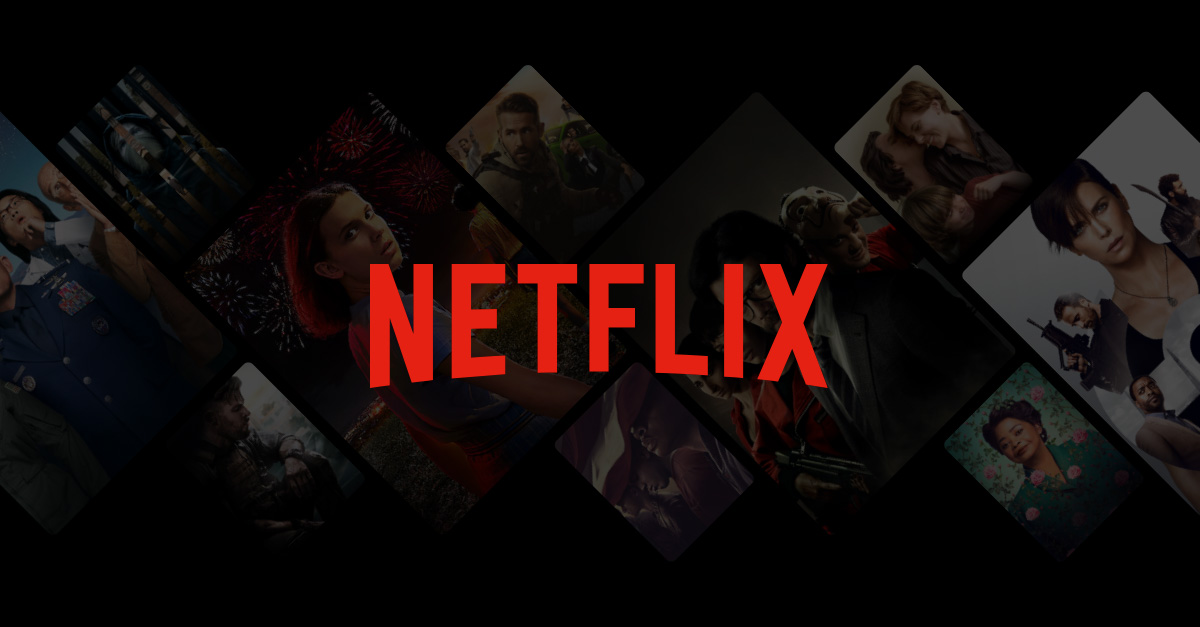Netflix is looking to expand its streaming operations into the gaming industry that will reportedly launch “within the next year”. This service would be provided at no extra cost to the subscriber and would come up via a new programme genre.
While this could prove a huge success (and for Netflix’s sake, I hope it does), it seems like a reckless and desperate decision in the face of new players on the streaming field. The person they have hired to head up their gaming team is Mike Verdu, someone with prior experience as an executive in Electronic Arts (EA) and Facebook gaming. This worries me that microtransactions will feature heavily in Netflix’s gaming offerings.
Netflix is clearly worried and rightly so. In April, Netflix’s subscribers grew at a sluggish rate, falling far short of estimations. The executive chairman of Netflix, Reed Hastings, commented that their growth was: “a little wobbly right now”.
The service has lost big IP names due to studios starting streaming services of their own, most notably Marvel, Star Wars and Friends. This has led the company to sink billions into content development, despite revenues not making up for this.
This all comes off the heels of the brilliant news for Disney+, which has recently hit over a 103 million, and is on track to hit its target of 260 million in 2024. This is very rapid growth, especially considering that the service only launched in late 2019. While Netflix is currently the king of streaming, it clearly feels threatened by Disney.
This is unsurprising, not only because of the massive subscriber growth, but also because of Disney’s offerings. When it launched, the amount of library content it had was massive, Pixar, Marvel, Star Wars, I could go on. While the initial lack of original content hurt the service, the only thing of note at launch was The Mandalorian, this has since changed.
Marvel and Star Wars have both committed to several TV shows to the service, which have begun releasing to high audience and critic praise. Disney+ also has access to ESPN Sports and Hulu in one bundle.
The exclusivity of these franchises will only continue to draw people to the service, and away from Netflix. Netflix faces more competition from other services like HBO Max, who has exclusive control over other big IP names, such as the DC universe. Competition in streaming has risen, meaning that Netflix no longer has a comfortable monopoly.
In order to try and differentiate itself, Netflix has turned to streaming games. But it clearly hasn’t learnt from the failure of other services such as Google Stadia. This is the streaming service that Google thought could revolutionise streaming gaming but ended up being a failed experiment. The service was rushed out without many exclusive games on it and had to buy third party games for millions of dollars. This in turn meant that audiences had to rebuy games they might already own, on top of the subscription fee.

Google also underdelivered on the promise of its visual quality, with many only streaming at 1080p, and not the 4K Google promised. Other performance issues also hampered the service. Its subscription service also ran into tough competition with Microsoft’s Game Pass and xCloud. Google thought that it could enter and conquer the streaming end of gaming with a ton of cash and a former Ubisoft executive, but had its hopes dashed. Netflix is looking like it will fall into a similar trap. Gaming is not Netflix’s domain, but it will find this out the hard way.
As mentioned, Netflix will run into even steeper competition with Microsoft’s Game Pass. This subscription service is excellent, offering a huge line up of games at a similar price to Netflix. The subscription also supports streaming.
Even though it isn’t perfect, Microsoft is a lot more suited to develop this kind of technology. In order to gain access to any third party title, Netflix will have to licence them out, bleeding the company’s finances. In order to recoup some of this loss, Netflix may turn to the controversial practice of microtransactions, and hiking up the price of its service.
Developing first party titles will no doubt be a goal of the company, but these will run into problems of how the company will handle the control schemes of these games, as people play Netflix on many devices. This will affect the complexity of the games offered.
Overall this is a misplay by a Netflix scared by an increase in competitors, and it find out the hard way that gaming is not its domain. Of course, this move could end up being a massive hit, but I am more than sceptical of it.
Netflix’s time as the undisputed streaming king has come to an end, but it clearly has a hard time accepting this. This is a reckless move to try to delay the inevitable, but it may only hasten it.
By Kieran Burt
Feature image: Netflix

